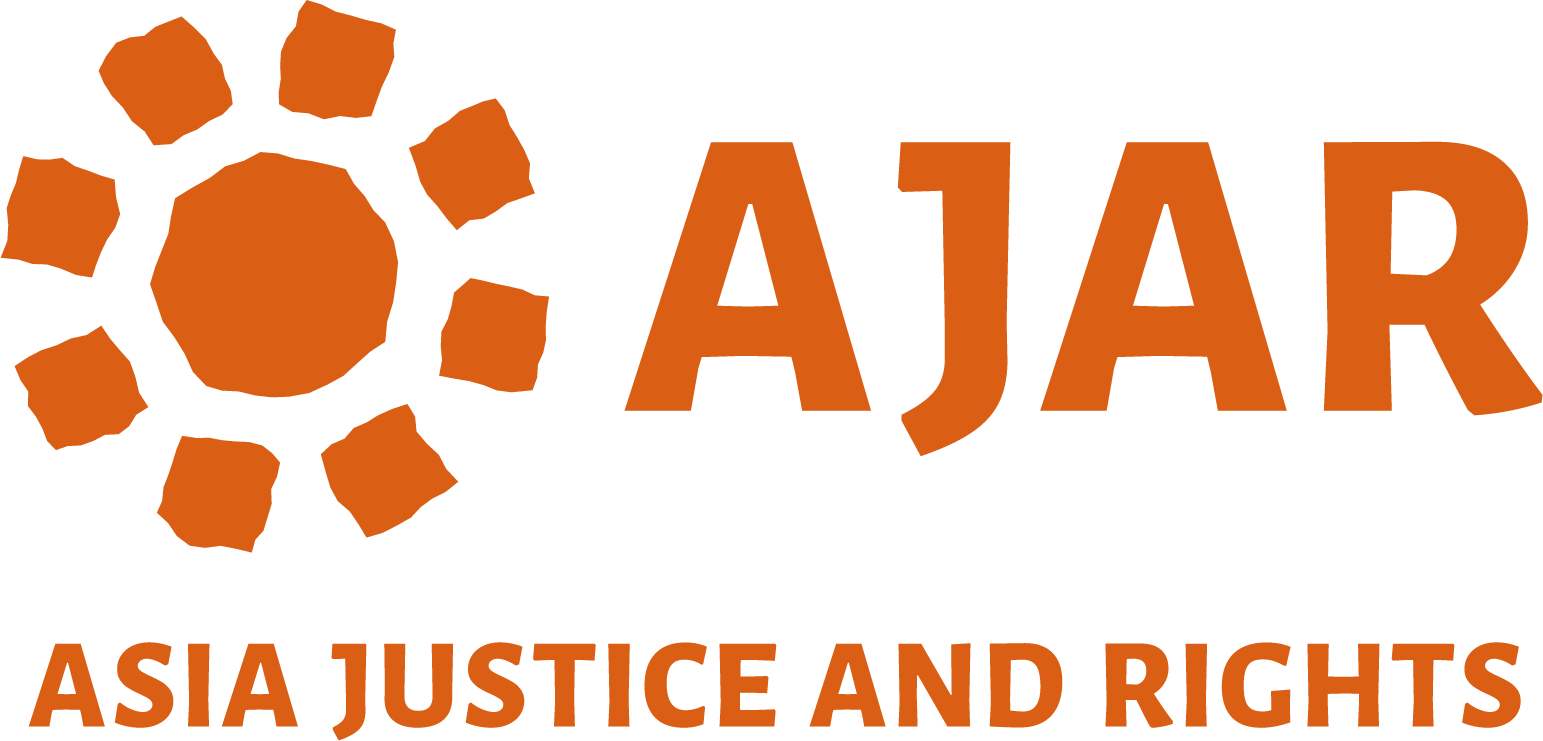 Basic Principles on the Right to Remedy and Reparation for Victims of Gross Human Rights Violations and International Humanitarian Law
Basic Principles on the Right to Remedy and Reparation for Victims of Gross Human Rights Violations and International Humanitarian Law
Obligation to respect, ensure respect for, and implement international human rights law and international humanitarian law
This obligation is provided for in international treaties, customary international law, and in domestic laws. This obligation includes, inter alia, the duty to:
- Take legislative, administrative, and other measures to prevent violations
- Investigate violations effectively, promptly, thoroughly, and impartially and, where appropriate, take action against those allegedly responsible
- Provide victims with equal and effective access to justice, irrespective of who bears responsibility for the violation
- Provide effective remedies to victims, including reparations
Remedy as access to justice
A victim of a gross violation of international human rights law or of a serious violation of international humanitarian law shall have equal access to an effective judicial remedy as provided for under international law. Other remedies available to the victim include access to administrative and other bodies, as well as to mechanisms and proceedings conducted in line with domestic law. Obligations arising under international law to secure access to justice, and to fair and impartial proceedings shall be reflected in domestic laws. To that end, States should:
- Disseminate information about all available remedies for violations of international human rights law and international humanitarian law
- Minimise the inconvenience to victims, protect against unlawful interference with victims’ privacy, and ensure their safety from intimidation and retaliation, as well as that of their representatives, families, and witnesses, before, during, and after judicial, administrative, or other proceedings
- Provide proper assistance to victims seeking access to justice
- Make available all appropriate legal and diplomatic means to ensure that victims can exercise their rights to remedy
An adequate, effective, and prompt remedy for violations of international human rights law and of international humanitarian law should allow victims to access all available and appropriate international processes. Moreover, access to international remedies should not prevent the possibility of any domestic remedies. In addition to individual access to justice, States should endeavour to develop procedures that allow groups of victims to receive reparations as appropriate.
Reparations for harm suffered
Adequate and prompt reparations promote justice by redressing violations of international human rights or humanitarian law. Reparations should be proportional to the gravity of the violations and harm suffered. In accordance with its domestic laws and international legal obligations, a State shall provide reparations to victims for acts or omissions by the State.
A person who is found liable for reparations should provide them to the victim or compensate the State if the State has already provided reparations to the victim. States should establish national programmes for reparations and other assistance to victims in case those liable for the harm suffered are unable or unwilling to meet their obligations. States shall provide effective mechanisms for reparations and enforce judgements for reparations against parties liable for the harm suffered in accordance with domestic law and international legal obligations. In accordance with domestic law and international law, victims should be provided with full and effective reparations that include: restitution, compensation, rehabilitation, satisfaction, and guarantees of non-repetition.
Access to relevant information concerning violations and reparation mechanisms
States should inform the general public and, in particular, victims of gross violations of international human rights law and serious violations of international humanitarian law of the rights and remedies addressed by these Basic Principles and Guidelines and of all available legal, medical, psychological, social, administrative, and all other services victims may have a right to access. Moreover, victims and their representatives are entitled to information about the causes and conditions of the gross violations of international human rights law, of serious violations of international humanitarian law, of their victimization, and a right to learn the truth in regard to these violations.
Non-discrimination
These Basic Principles and Guidelines must be consistent with international human rights law and international humanitarian law and be interpreted and applied with no discrimination of any kind or on any grounds.
Non-derogation
Nothing in these Basic Principles and Guidelines shall restrict or derogate (detract) from any rights or obligations determined by domestic and international law. The present Basic Principles and Guidelines do not prejudice (do not interfere with or deny) the right to a remedy and reparation for victims of all violations of international human rights law and international humanitarian law. It is further understood that these Basic Principles and Guidelines do not prejudice the special rules of international law.
Rights of others
Nothing in this document is to be construed as denying the rights of others as protected by international or national laws, in particular the right of an accused person to benefit from applicable standards of due process.
